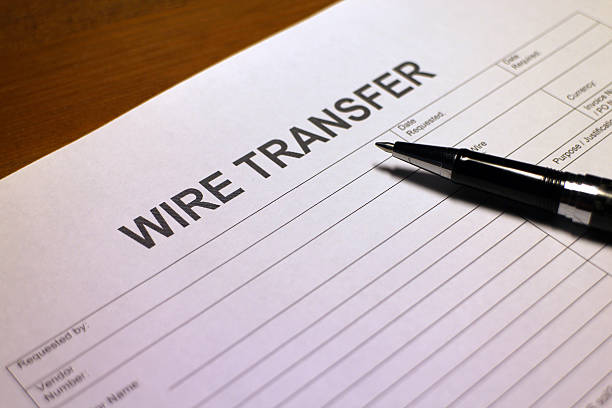A routing number, also known as an American Bankers Association (ABA) routing number, is a unique nine-digit code assigned to each financial institution in the United States. Its primary functions are:
Identification: Routing numbers uniquely identify a financial institution, ensuring that funds are directed to the correct bank or credit union during transactions like direct deposits, wire transfers, and electronic payments.
Routing Domestic Transactions: They are primarily used for routing domestic transactions within the United States. For international transactions, SWIFT codes or IBANs are typically used.
Factors That Can Lead to Routing Number Changes
While routing numbers are generally stable, several factors can lead to changes:
1. Bank Mergers or Acquisitions
When two banks merge or one bank acquires another, it can result in a change in routing numbers. The merged entity may choose to consolidate its routing numbers or adopt the routing number of the acquiring institution.
2. Bank Reorganization
In some cases, banks may reorganize their operations, leading to changes in routing numbers. This could involve a change in the bank's main processing center or a shift in their regional structure.
3. Federal Reserve District Changes
The Federal Reserve System occasionally reorganizes its districts, which can impact the routing numbers of financial institutions within affected regions.
4. Error Correction
If an error is discovered in a bank's routing number, the bank may take corrective measures, including changing the routing number to rectify the issue.
What to Do If Your Routing Number Changes
If your bank's routing number changes for any reason, it's essential to take the following steps to ensure a seamless transition:
Contact Your Bank: If you receive notification of a routing number change, reach out to your bank's customer service or visit a local branch to confirm the new routing number and understand the reason for the change.
Update Payment Accounts: Update any payment accounts linked to your old routing number. This includes updating your direct deposit information with your employer, making changes to automatic bill payments, and informing any institutions that regularly deposit funds into your account.
Update Online Banking: If you use online banking services, make sure to update your routing number within your online profile to avoid disruptions in online transactions.
Verify with Payees: For any payments you receive, such as rental income or refunds, inform the payees of your routing number change to ensure payments are directed to the correct account.
Monitor Your Account: Keep an eye on your account for several months after the change to verify that all transactions are being routed correctly.
In conclusion, while routing number changes are relatively uncommon, they can occur due to various factors, including mergers, acquisitions, and reorganization. It's crucial to stay informed about such changes, update your payment information, and work closely with your bank to ensure a smooth transition. By taking proactive steps, you can minimize any potential disruptions to your financial transactions and maintain control over your banking operations.
Frequently asked questions (FAQs) about international bank routing codes




